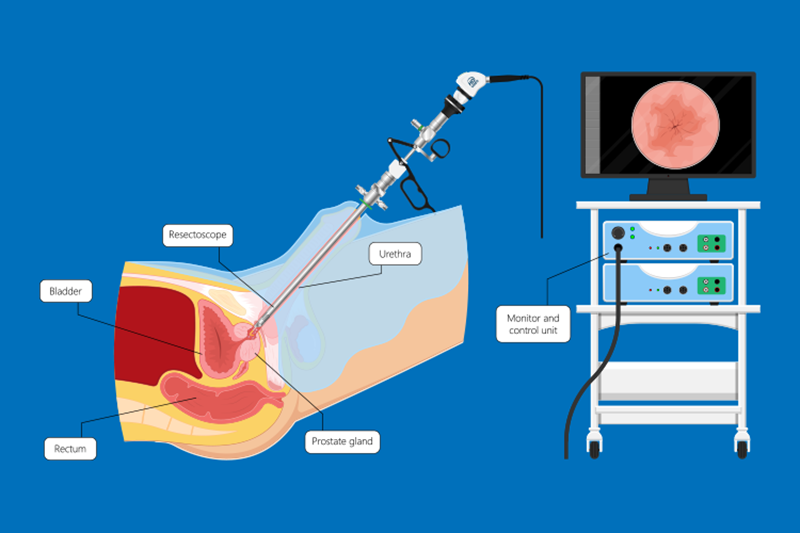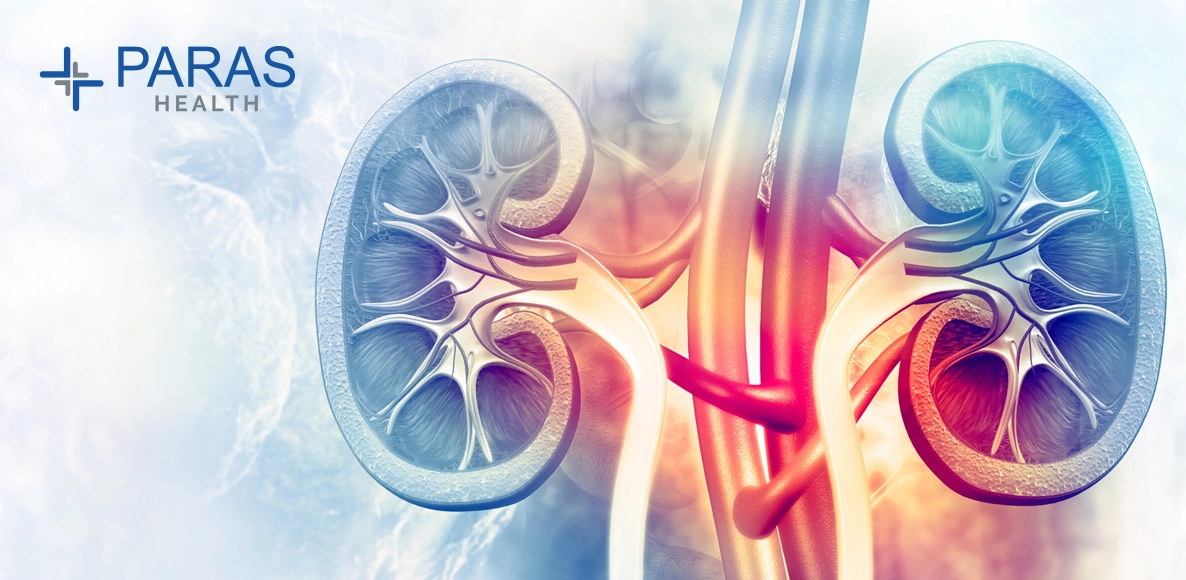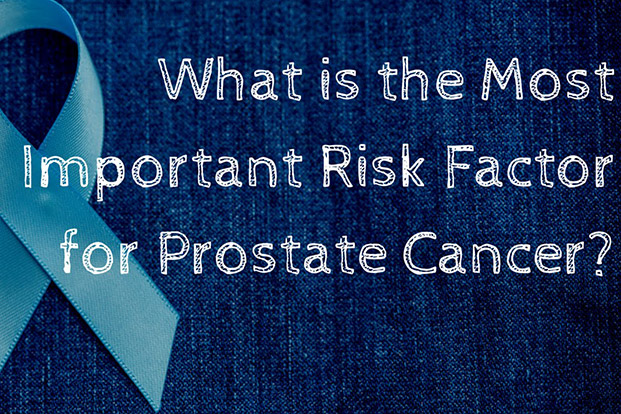Prevention of Prostate Cancer

Apr 19, 2022
Different factors result in different kinds of cancer. Researchers are still trying to identify the causes of prostate cancer. There isn’t any proven option of complete prevention of the disease, however, we could have chances to lower our risk. Consulting a doctor I definitely advised

Chemoprevention for Prostate Cancer:
A drug known as 5-alpha-reductase inhibitors or 5-ARIs which comprises of dutasteride & finasteride are often used for treating BPH. They can also reduce the risk of developing a prostate cancer. Some earlier clinical trials had implied that 5-ARIs were associated with more aggressive prostate cancer however; the latest studies suggest that this was wrong. It has been found that 78% males taking either finasteride or placebo stayed alive for at least 15 more years. This suggests that taking finasteride doesn’t reduce the risk of death for males having prostate cancer. The subject is controversial & the FDA hasn’t approved such drugs for the prevention of prostate cancer. But a 5-ARI is approved by FDA for treating the lower urinary tract symptoms linked to BPH. As the decision of taking 5-ARI varies from patient to patient, any male who considers taking this medicine shall discuss it’s benefits & side effects with a doctor.
Changes in diet for Prostate Cancer:
There isn’t adequate information currently to clarify ay recommendations regarding the precise role of diet behaviors for prostate cancer. Changes in diet may require to be made in a man’s life many years earlier for lowering the risk of developing a prostate cancer.
A brief summary of current research is mentioned below:
- Eating food with high fats, mainly the animal fat could raise the risk of a prostate cancer. But no prospective studies have yet shown or proved it
- Diet rich in fruits, vegetables, legumes like peas & beans may lower our risk of having a prostate cancer. It is not clear as to what nutrients are responsible directly. However, lycopene, a nutrient found in tomatoes & other vegetables has been shown to be linked to a lower risk of a prostate cancer, data as of now haven’t proven a link.







